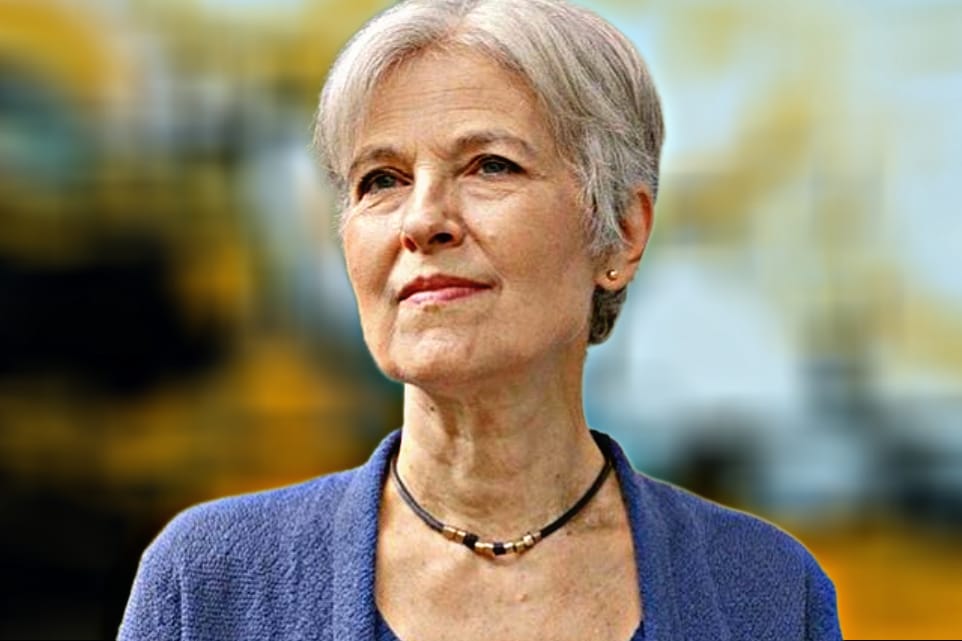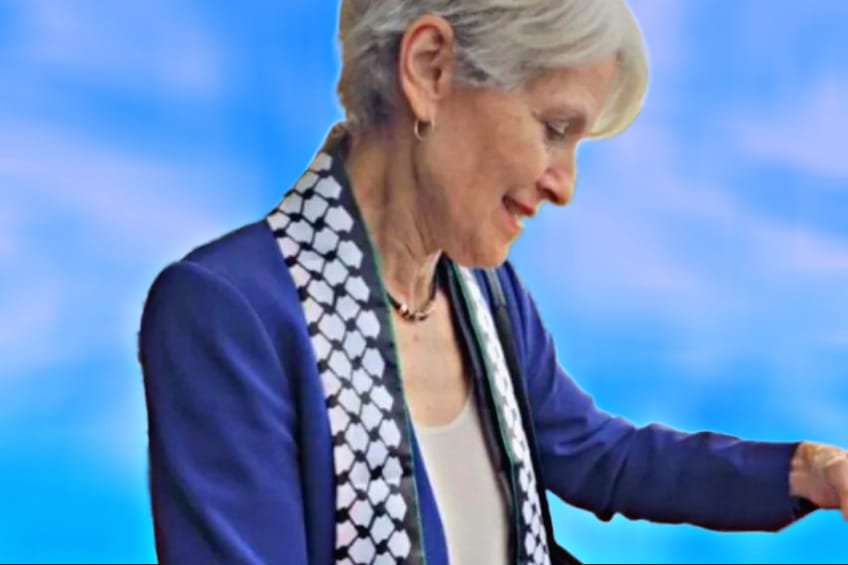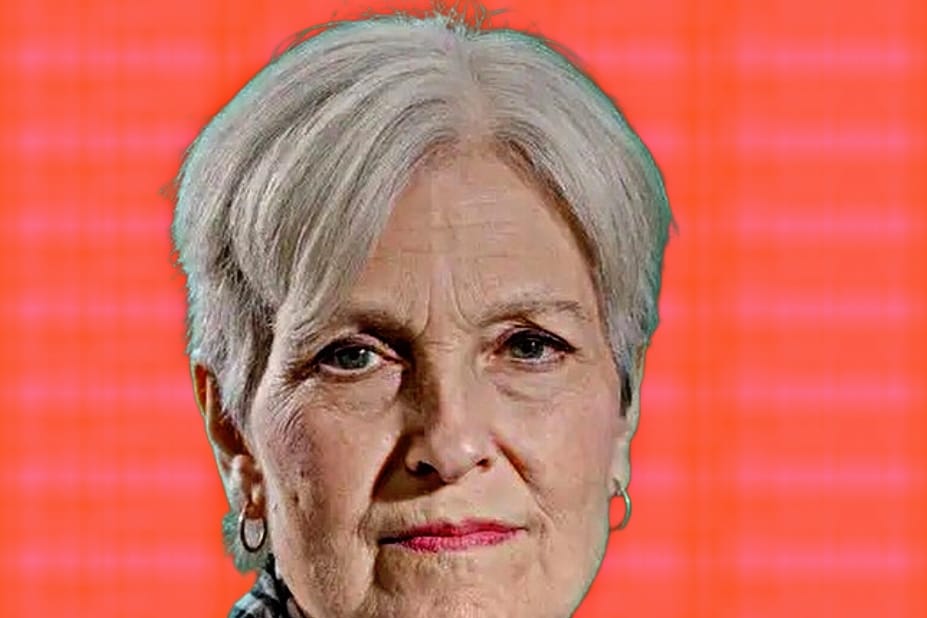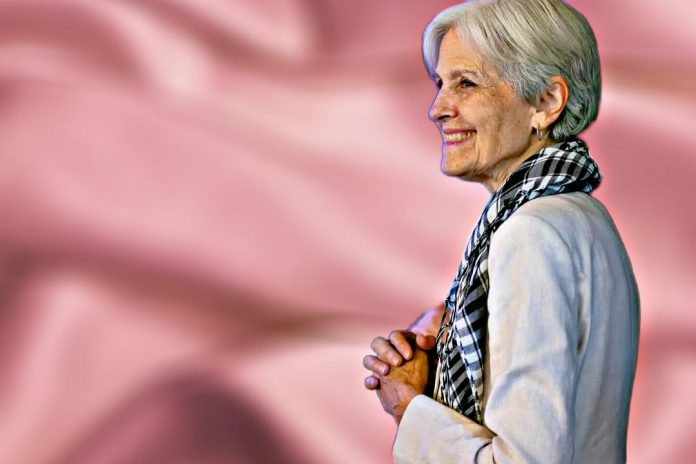Jill Stein, an environmentalist, physician, and political activist, is widely known as the Green Party’s candidate in the 2012 and 2016 U.S. presidential elections. Her career, driven by a commitment to environmental sustainability, social justice, and progressive policies, has established her as a controversial yet persistent figure in American politics. As a staunch advocate for climate action, healthcare reform, and electoral integrity, Jill Stein ideas and political actions have sparked considerable debate, attracting both admiration and criticism from various political factions. In this article, we will explore Jill Stein’s early life, political career, core beliefs, impact on U.S. politics, and controversies surrounding her, while also examining her relevance in the broader progressive movement.
Jill Stein Early Life and Education
Jill Stein was born on May 14, 1950, in Chicago, Illinois, to a family with a strong academic background. Her father, a physicist, and her mother, a social worker, instilled in her a deep sense of intellectual curiosity and a passion for social issues. Raised in Highland Park, a suburb of Chicago, Stein excelled academically from a young age. She attended Harvard University, where she earned a Bachelor of Arts degree in Sociology in 1973. Later, she went on to study medicine at Harvard Medical School, obtaining her M.D. in 1979.
Jill Stein early exposure to social and political issues, coupled with her medical training, laid the groundwork for her future activism. Though she practiced medicine for several years, her focus soon shifted to environmental issues, particularly those affecting public health. This transition was catalyzed by the recognition that many of the environmental crises she encountered in her medical career had direct implications for human health.
Jill Stein Political Career

Jill Stein entry into politics was deeply influenced by her desire to tackle environmental degradation and advocate for systemic change. She became an active member of the Green Party, which, at the time, was seeking to build a broader base of support as a viable third party in the U.S. political system. Her political philosophy aligns closely with Green Party principles, which prioritize sustainability, social justice, and grassroots democracy.
Jill Stein first run for public office was in 2002 when she ran for Governor of Massachusetts. Although she was not successful, the campaign served as an important launching pad for her political career. In 2010, Stein ran for Massachusetts Secretary of State, but again, she did not win the election. Despite these early setbacks, Jill Stein involvement in politics grew as she continued to advocate for progressive issues such as universal healthcare, renewable energy, and climate change action.
2012 Presidential Election
Jill Stein political visibility skyrocketed during the 2012 U.S. presidential election, when she became the Green Party’s candidate for president. Her platform, which focused heavily on environmental sustainability, included calls for transitioning to 100% renewable energy, phasing out nuclear power, and implementing a Green New Deal to create jobs in the clean energy sector. Stein’s candidacy provided an alternative to the two-party system, emphasizing the importance of third-party participation in U.S. politics.
Despite the limited media coverage and lack of significant financial backing, Stein’s message resonated with a growing number of disillusioned voters who felt that neither the Democratic nor the Republican parties adequately represented their concerns. She garnered approximately 0.36% of the popular vote, a modest showing, but one that helped solidify her position as a prominent figure in progressive politics.
2016 Presidential Election
Jill Stein most well-known political campaign was in 2016, when she again ran for president as the Green Party candidate. This election, which was marked by fierce polarization between the Democratic and Republican candidates Hillary Clinton and Donald Trump saw Stein positioning herself as a progressive alternative to the two major party nominees. Stein’s platform in 2016 called for universal healthcare, the cancellation of student loan debt, increased investment in renewable energy, and a comprehensive plan to address climate change.
During the 2016 election, Jill Stein gained significant attention, largely due to her criticism of the Democratic Party’s 2016 nominee, Hillary Clinton, whom she argued was insufficiently committed to progressive policies. Stein’s refusal to endorse Clinton, even as many in the progressive camp sought to rally behind the Democratic candidate to prevent a Trump presidency, led to accusations that she was siphoning votes from Clinton, potentially contributing to Trump’s victory. Stein’s response to these accusations was rooted in her belief that the American political system needed more than just a change in leadership; it needed systemic reform.
Jill Stein received 1.1% of the national vote in the 2016 election, which, while a small percentage, was the highest vote share ever garnered by the Green Party in a presidential election. This result further solidified Stein as a leading voice in the fight for a more just and sustainable future. However, her candidacy also drew sharp criticism, particularly regarding the Green Party’s role in the election outcome. Some Democrats blamed Stein for drawing votes away from Clinton in key battleground states, while others pointed to her controversial stance on issues like Russian interference in the election.
Jill Stein Core Beliefs and Political Ideology

Jill Stein political ideology is rooted in environmentalism, social justice, and anti-corporatism. She is a vocal advocate for progressive policies, many of which align with the broader Green Party platform. Below are some of the key tenets of Stein’s political beliefs:
Environmental Justice and Climate Action
At the heart of Jill Stein political agenda is environmental justice. She has been an ardent advocate for addressing climate change through systemic transformation, pushing for a shift away from fossil fuels and toward renewable energy. Stein has called for a Green New Deal, a sweeping proposal to create millions of jobs in clean energy and sustainable industries, while simultaneously addressing income inequality and environmental degradation.
Her stance on environmental issues is grounded in the understanding that climate change poses an existential threat to humanity, disproportionately affecting marginalized communities, both domestically and globally. As part of her climate action plan, Stein has advocated for the creation of a carbon tax and the dismantling of industries that contribute to environmental destruction, such as the coal, oil, and gas industries.
Healthcare for All
As a medical doctor, Jill Stein has been an outspoken proponent of universal healthcare. She has championed the implementation of a Medicare-for-All system, arguing that healthcare is a basic human right, not a privilege. Jill Stein has consistently criticized the for-profit healthcare system in the United States, calling for a transition to a single-payer healthcare system that would provide comprehensive, affordable care to all Americans.
Her position on healthcare is rooted in the belief that access to quality healthcare should not be determined by income or socioeconomic status, but rather be available to all, regardless of employment, income, or pre-existing conditions.
Social Justice and Electoral Reform
Jill Stein has been a passionate advocate for social justice, including racial justice, economic equality, and gender equity. She supports policies aimed at reducing wealth inequality, raising the federal minimum wage, and strengthening labor rights.
In addition to advocating for social justice, Jill Stein has called for major reforms to the U.S. electoral system, including the abolition of the Electoral College, the introduction of ranked-choice voting, and efforts to end gerrymandering. She believes that the two-party system in the U.S. is inherently undemocratic and that third-party candidates should have a more significant role in the political process.
Controversies and Criticisms

While Jill Stein political career has been marked by her advocacy for progressive policies, it has also been marred by a number of controversies, particularly during the 2016 presidential election. Some of the most notable criticisms of Stein include:
The Role of Jill Stein in the 2016 Election
One of the most significant criticisms of Stein’s 2016 campaign came from supporters of Hillary Clinton, who argued that Jill Stein candidacy helped Donald Trump win the presidency by siphoning votes away from Clinton in key swing states. Although Stein did not receive enough votes to win any states, her support was particularly strong in battleground states like Michigan, Pennsylvania, and Wisconsin, where the margin of victory for Trump was narrow.
Jill Stein has consistently rejected the idea that her candidacy played a decisive role in Clinton’s loss, arguing that the problem lay with the Democratic Party’s failure to appeal to working-class voters, particularly in the Rust Belt. She has also emphasized that the larger issue is the lack of choice in the U.S. political system, which is dominated by two parties that, in her view, often serve corporate interests rather than the public good.
Ties to Russia
Another major controversy surrounding Jill Stein’s 2016 campaign involves her ties to Russia. Stein came under scrutiny for attending a 2015 dinner hosted by the Russian state-funded RT network, where she sat at the same table as Vladimir Putin. Critics have argued that Stein’s participation in this event, coupled with her skepticism about U.S. intelligence agencies’ claims of Russian interference in the 2016 election, raises questions about her stance on Russian involvement in American politics.
Jill Stein has denied any wrongdoing and has defended her views on Russian interference, maintaining that the focus should be on electoral reform and the need for more transparency and integrity in the American political process.
Jill Stein Legacy and Influence
Despite the controversies and challenges, Jill Stein remains a significant figure in the American political landscape. Her campaigns, particularly in 2012 and 2016, helped raise awareness of key progressive issues, such as climate change, universal healthcare, and electoral reform. Though her presidential runs did not result in victory, Jill Stein advocacy for a Green New Deal, universal healthcare, and a fairer electoral system continues to influence political discourse in the U.S.
Jill Stein legacy as a third-party candidate who challenged the two-party system and pushed for more radical political change remains an important chapter in the ongoing conversation about the future of American democracy. Whether or not her vision comes to fruition in the near future, her commitment to progressive causes has undeniably left its mark on U.S. politics.
Conclusion
Jill Stein political career is defined by her unwavering commitment to environmental justice, social equity, and systemic reform. Though her presidential runs in 2012 and 2016 were not successful, Stein’s advocacy for the Green Party’s progressive platform has influenced political conversations and policy debates across the country. As the U.S. continues to grapple with issues like climate change, healthcare inequality, and electoral reform, Jill Stein’s legacy as a tireless advocate for a more just and sustainable future will undoubtedly remain a source of inspiration for future generations of activists and policymakers.

